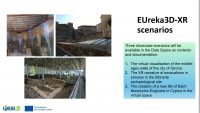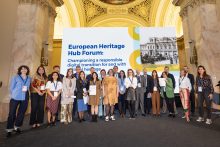The Open Data and Ontologies for Cultural Heritage (ODOCH) aims at bringing together researchers in Semantic Web and Digital Humanities to discuss results and experiences on the design, development and use of ontology-based information systems for Cultural Heritage (Linked) Open Data. While significantly differing from the scope of workshops held in previous CAiSE events, ODOCH’19 will fit the CAiSE’19 theme of Responsible Information Systems, by providing a forum that will emphasize the need for a trustworthy spread of Cultural Heritage.
ODOCH’19 aims at attracting both IT researchers and industrials, already participating to the main conference, who are eager to discover new domains of application of their research, and professionals of humanities who will recognize in ODOCH’19 and, likely for the first time, in CAiSE, the chance to explore new opportunities. ODOCH’19 will be held in Rome, on June 3rd, 2019, in conjunction with the 31st International Conference on Advanced Information Systems Engineering (CAiSE’19). As CAiSE’19, it will be hosted by Dipartimento di Ingegneria Informatica, Automatica e Gestionale Antonio Ruberti at Sapienza Università di Roma.
http://odoch19.uniroma1.it/odoch19/
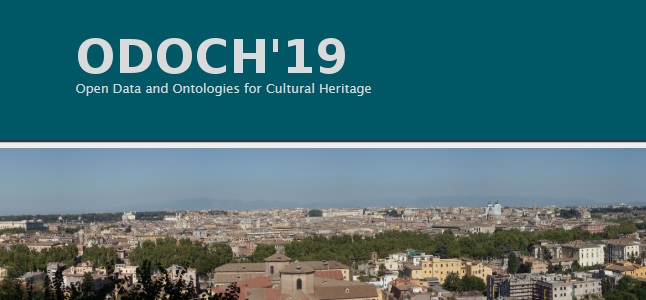
Important Dates:
- Paper registration deadline: March 23, 2019
- Paper submission deadline: March 30, 2019
- Reviews due: April 15, 2019
- Authors notification: April 20, 2019
- Camera ready submission deadline: April 30, 2019
- Workshop date: June 3, 2019
Topics of particular interest include (but are not limited to):
* Ontology-based data access for Cultural Heritage
* Cultural Heritage (Linked) Open Data publishing
* Cultural Heritage (Linked) Open Data preservation
* Cultural Heritage ontologies
* Semantic applications and information systems for Cultural Heritage
* Novel approaches enabling the use of ontologies for Cultural Heritage
* Usability of interfaces to (Linked) Open Data for humanities Cultural Heritage data
* Ontology patterns for Cultural Heritage data
Submissions
Prospective authors are invited to submit papers in any of the topics of the workshop. Papers must be written in English and comply with the CEUR formatting rules. Authors can prepare their manuscript as a PDF file, following the Latex or Word templates available on the workshop website (which are an adaptation of the Springer LNCS style templates), and submit it to the workshop organizers by accessing the CAiSE’19 EasyChair submission page (https://easychair.org/conferences/?conf=caise19), and selecting the track “1st International Workshop on Open Data and Ontologies for Cultural Heritage”.
After the workshop, authors of selected papers will be invited to submit extended versions of their papers to the Journal of Cultural Heritage (JCH).
For each accepted submission, at least one author is expected to register for the workshop and attend the workshop in order to present the paper. Registration is through the CAiSE’19 web site.
Workshop organization
* General chair: Tiziana Catarci
* Programme chairs: Carlo Meghini, Antonella Poggi
* Publicity chairs: Valentina Bartalesi, Domenico Fabio Savo


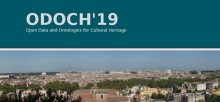


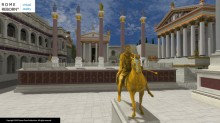
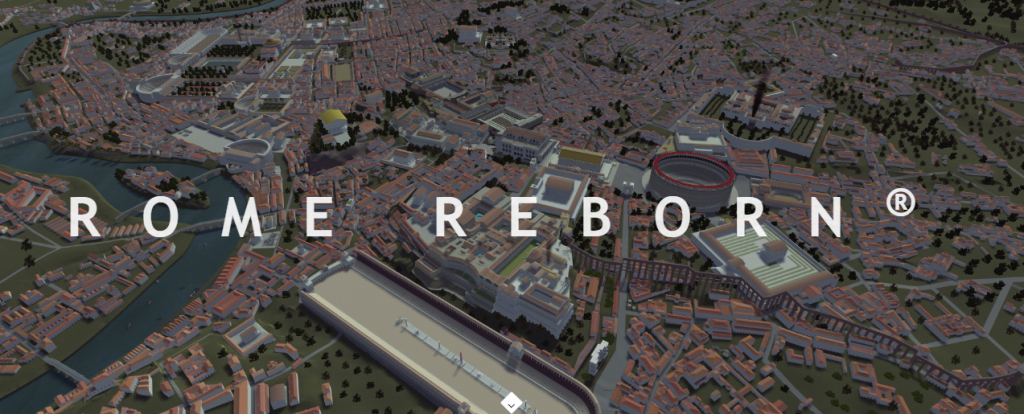 Rome Reborn Project was an international initiative launched in 1996 with the goal of creating 3D digital models to illustrate the urban development of ancient Rome. According to the advice of the project’s advisory committee, the work of modeling begun recreating the city in year 320, under the emperor Constantine. This was a transition moment for the ancient city from the point of view of its architecture, which saw an increasing of Christian basilicas and churches built near to older structures such as the Pantheon and the Roman Senate House, thus enticing a great change in the urban landscape in that moment. The model shows a very neat panorama, which doesn’t account the recreation of the actual conditions of traffic, dirt and confusion of antique Rome’s crowded streets; but permits to explore over 7,000 buildings and monuments as they are known through literature, maps, and catalogues.
Rome Reborn Project was an international initiative launched in 1996 with the goal of creating 3D digital models to illustrate the urban development of ancient Rome. According to the advice of the project’s advisory committee, the work of modeling begun recreating the city in year 320, under the emperor Constantine. This was a transition moment for the ancient city from the point of view of its architecture, which saw an increasing of Christian basilicas and churches built near to older structures such as the Pantheon and the Roman Senate House, thus enticing a great change in the urban landscape in that moment. The model shows a very neat panorama, which doesn’t account the recreation of the actual conditions of traffic, dirt and confusion of antique Rome’s crowded streets; but permits to explore over 7,000 buildings and monuments as they are known through literature, maps, and catalogues.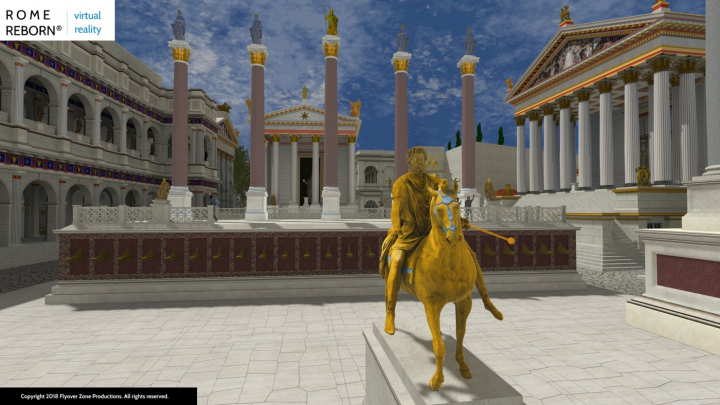


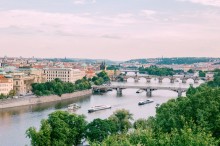
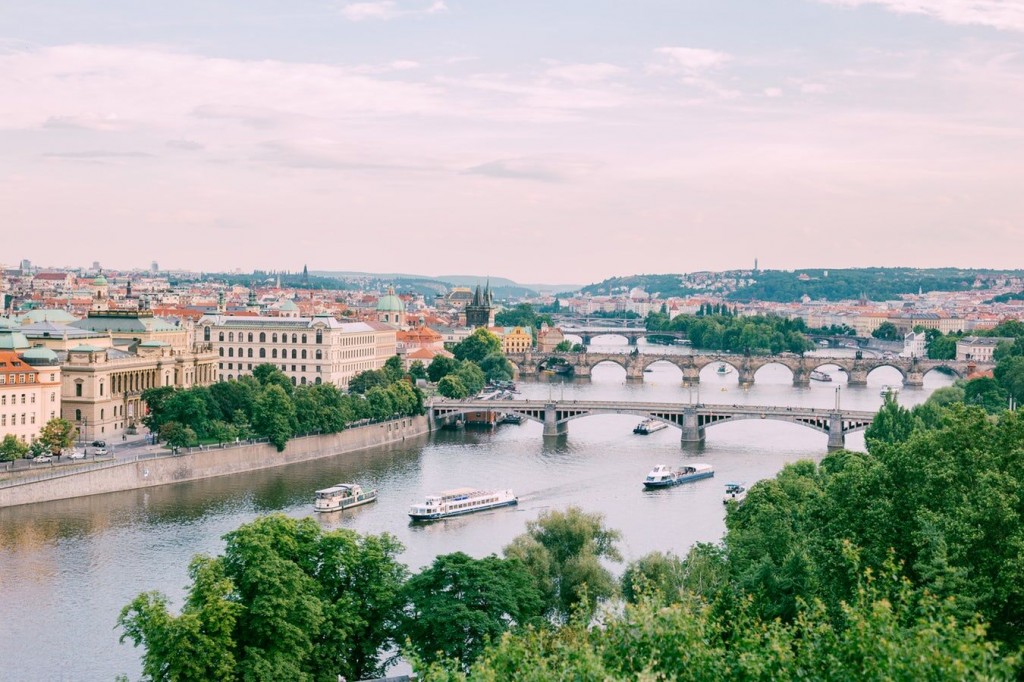
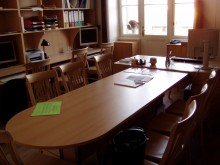
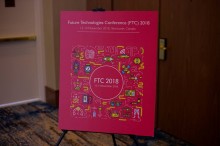
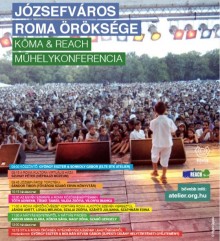
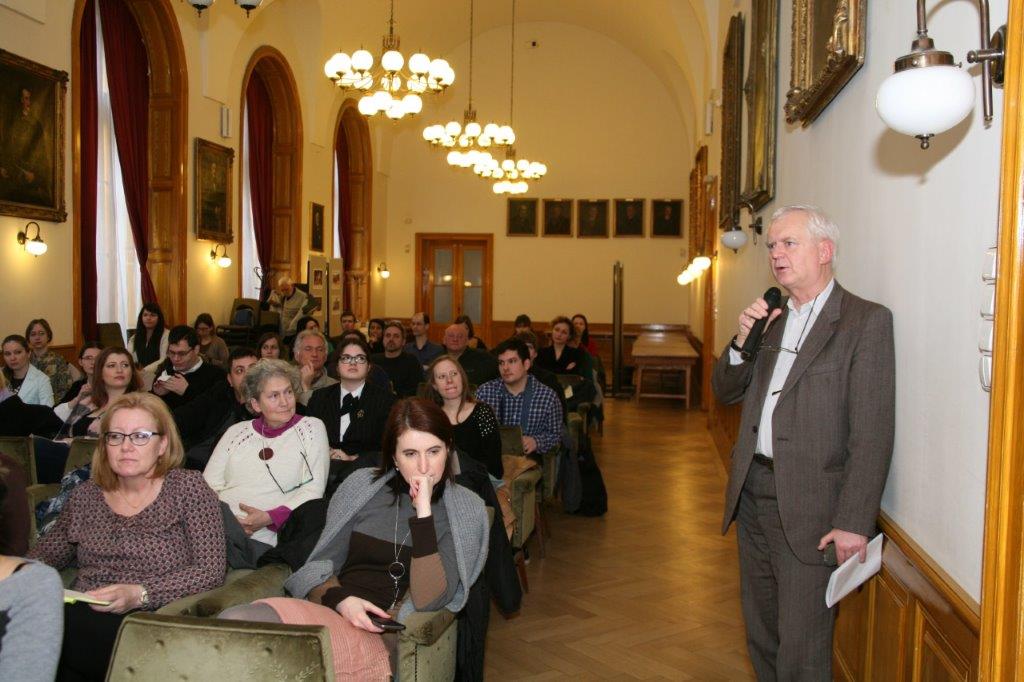
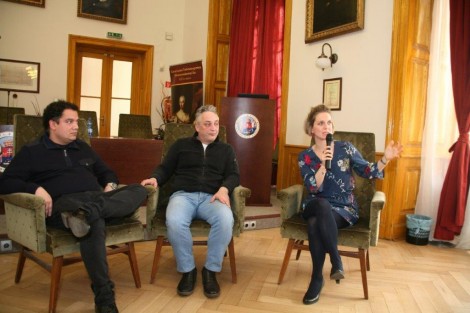
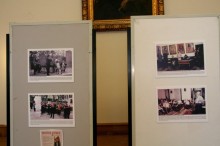






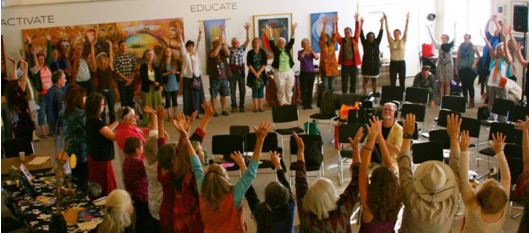

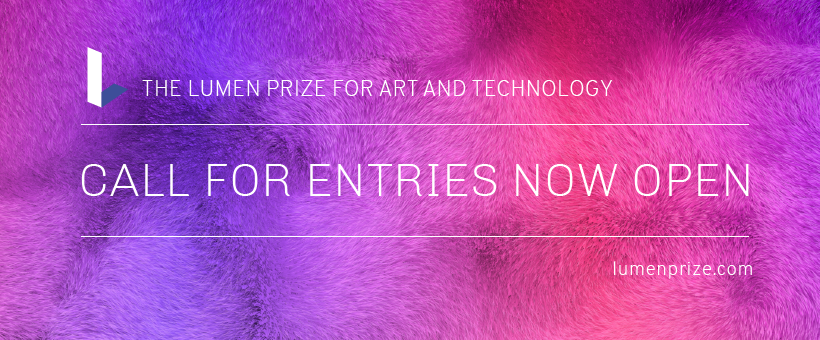

 If you have interesting news and events to point out in the field of digital cultural heritage, we are waiting for your contribution.
If you have interesting news and events to point out in the field of digital cultural heritage, we are waiting for your contribution.





























